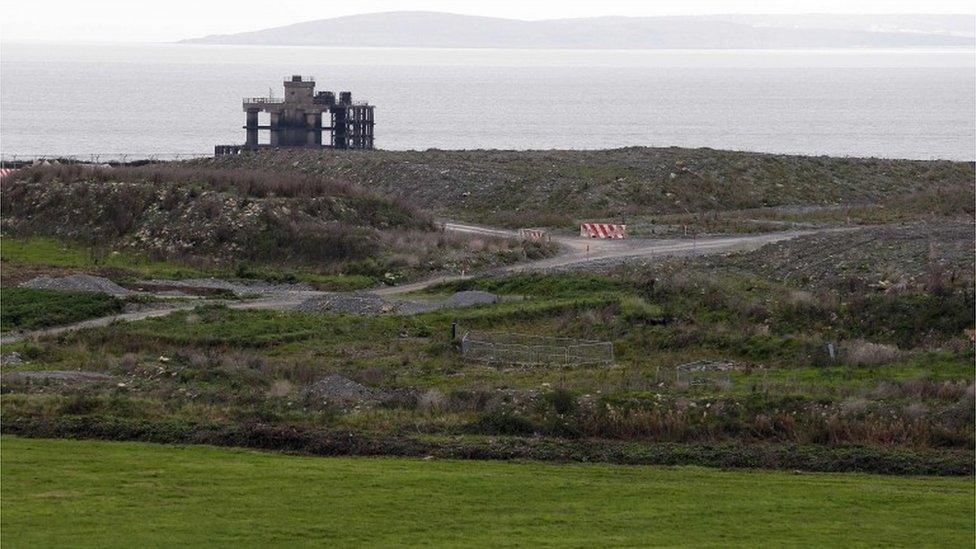May had objections to Hinkley Point, says Cable
- Published
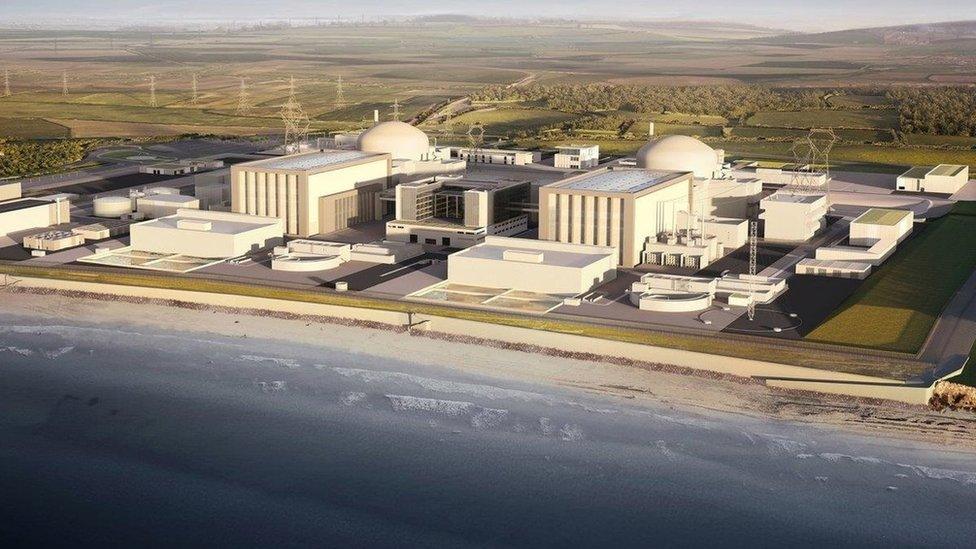
Theresa May had "objections" to a new nuclear power station at Hinkley Point during the coalition, the then Business Secretary Sir Vince Cable has said.
Lib Dem Sir Vince said the prime minister had worried about a "gung-ho" approach to Chinese investment in it.
The government said nuclear energy was important but it would review plans and make a final decision in the autumn.
French firm EDF, which is financing most of the £18bn project, says it is "confident" the project would go ahead.
'Big deal'
Sir Vince, who was business secretary from 2010-15 and a supporter of Hinkley, said Mrs May, who was home secretary during that period, had been "unhappy" about the government's approach to Chinese investment.
"Certainly when we were in government Theresa May was, I think, quite clear she was unhappy about the rather gung-ho approach to Chinese investment that we had - and that George Osborne in particular was promoting - and as I recall raised objections to Hinkley at that time," he told BBC's Today programme.
Responding to the claim, new Business and Energy Secretary Greg Clark said: "The UK needs a reliable and secure energy supply and the government believes that nuclear energy is an important part of the mix.
"The government will now consider carefully all the component parts of this project and make its decision in the early autumn."
A Downing Street source said that while there were "all sorts of theories" for the pause, it was "simply that we have a new prime minister and this is a big deal", adding that it was reasonable to "look at the component parts".
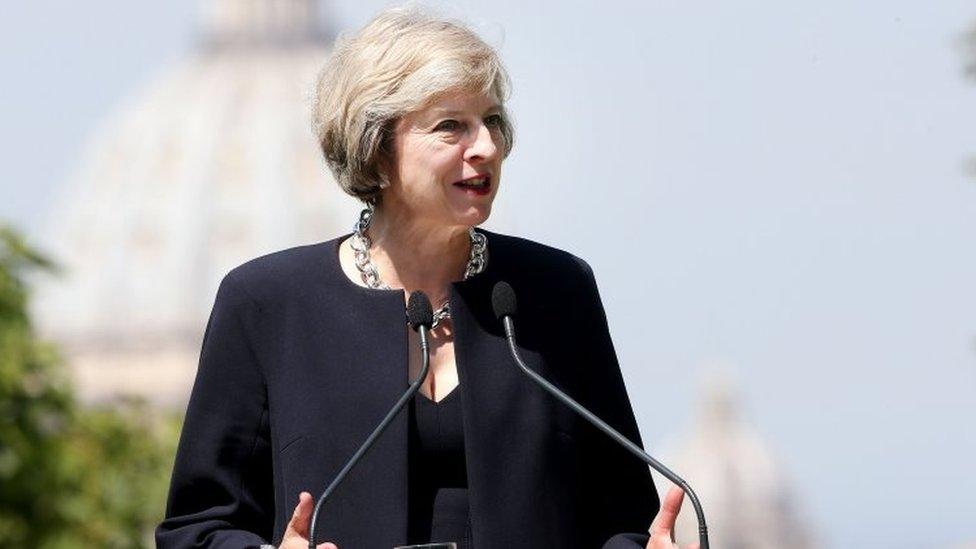
Theresa May was 'unhappy about a gung-ho approach to Chinese investment', according to Sir Vince
EDF approved funding for Hinkley Point C in Somerset at a board meeting on Thursday and contracts were due to be signed by all the parties involved the following day.
But in a surprise announcement, Mr Clark issued a brief statement saying ministers would take until the early autumn to review the project.
In an open letter to staff, EDF boss Vincent de Rivaz said he regretted the uncertainty for employees, the local community and suppliers but understood why the new UK cabinet needed a "little time".
Sources said China General Nuclear Power Corporation, which is contributing a third of the money, was "bemused" and "frustrated" by the hold-up.
BBC's Newsnight programme said it was security concerns over Chinese ownership of British nuclear power stations that were the primary reason why Mrs May had postponed the final decision on the deal.
- Published31 July 2016
- Published30 July 2016
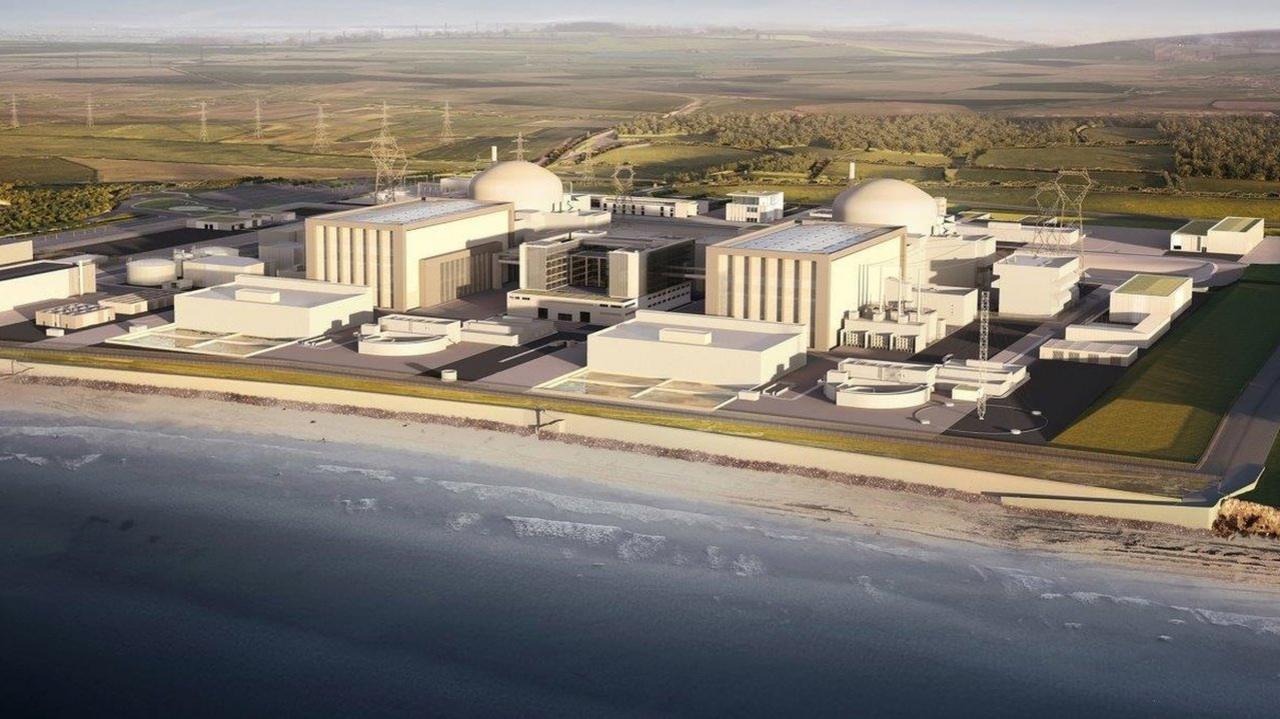
- Published29 July 2016
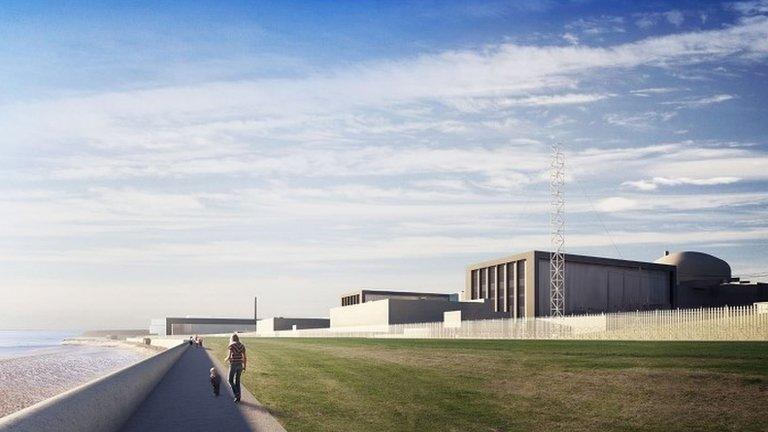
- Published29 July 2016

- Published29 July 2016
- Published29 July 2016
- Published15 September 2016
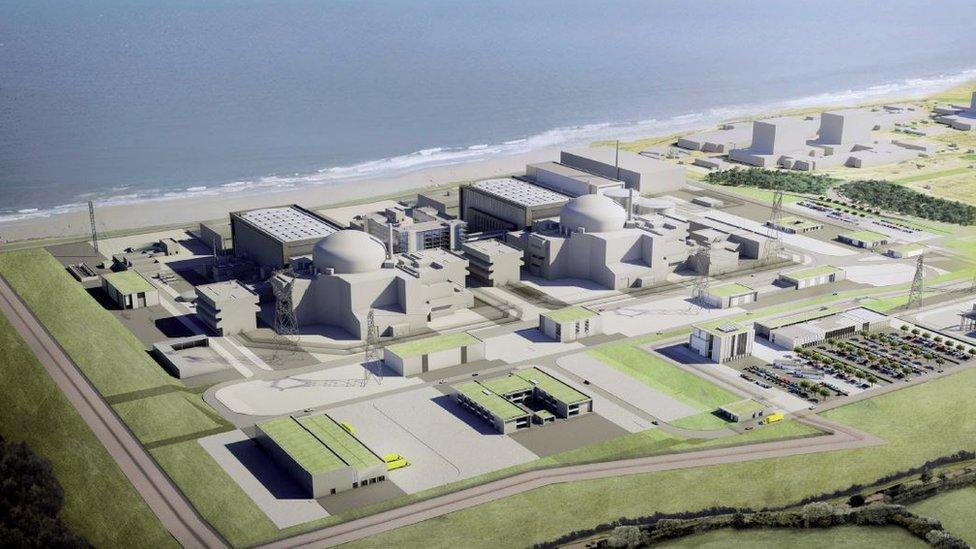
- Published29 July 2016
- Published29 July 2016
